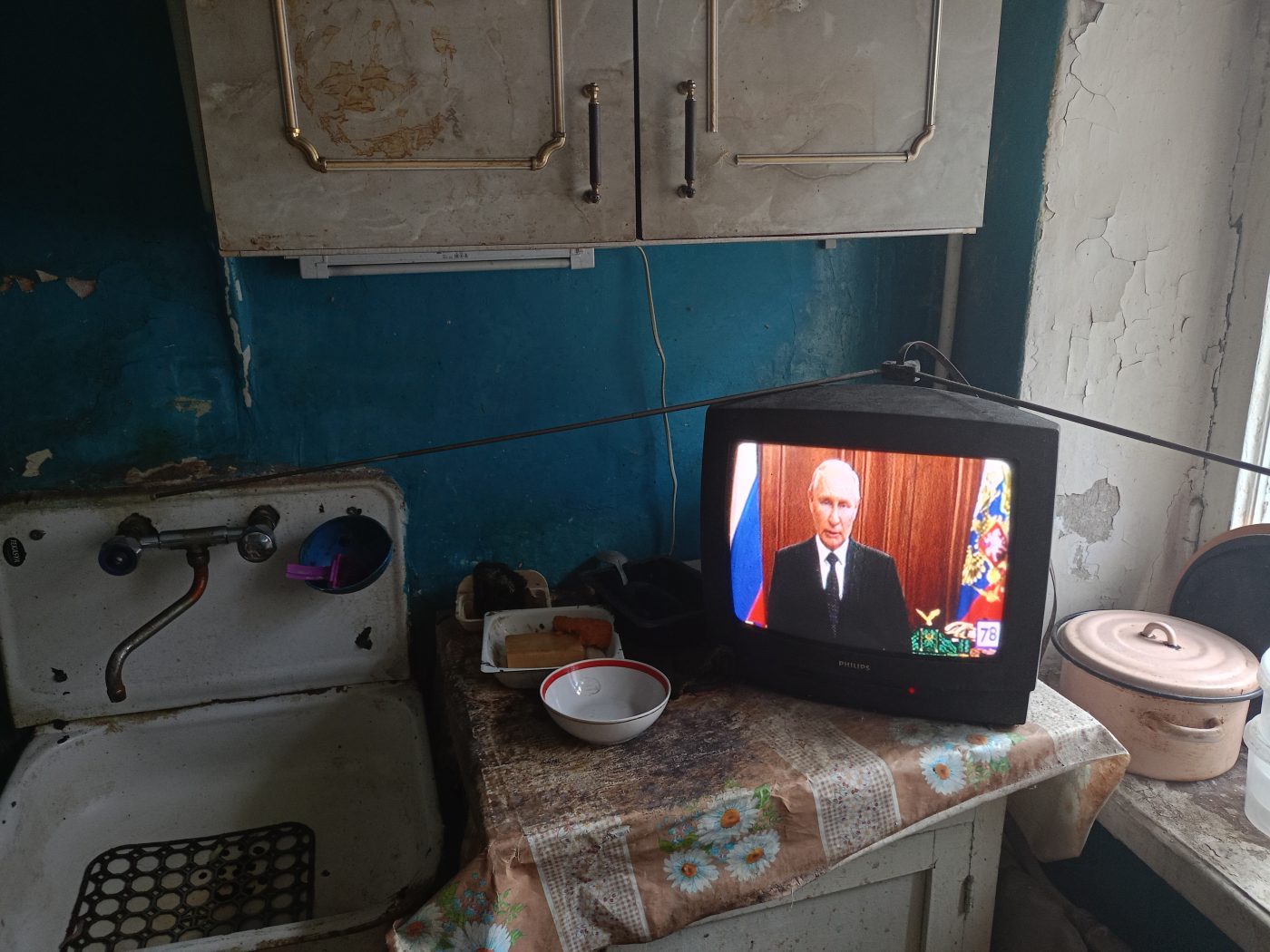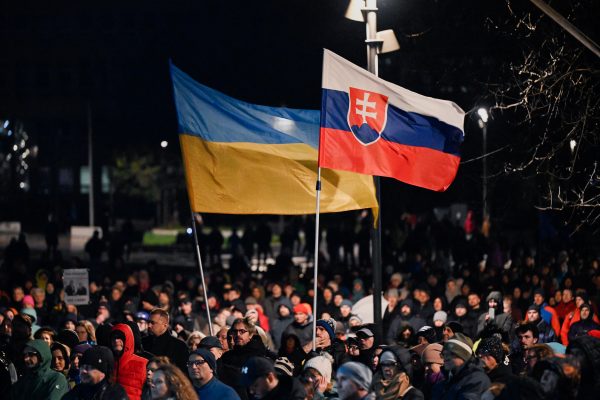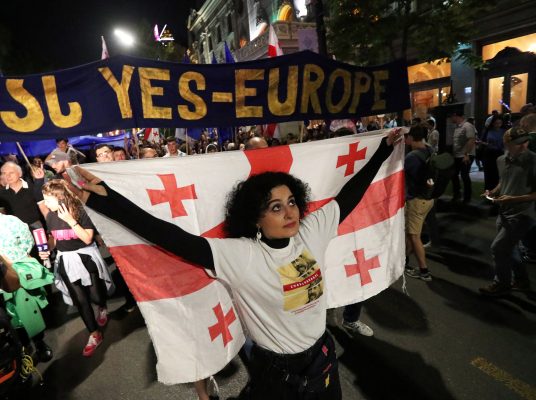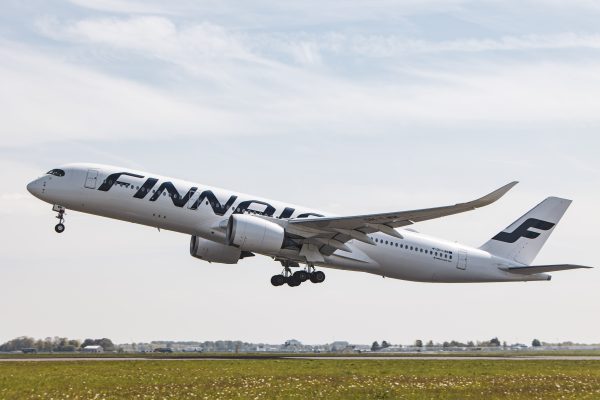In 2015, the Minsk Center for Strategic and Foreign Policy Studies published a report dedicated to Russia’s new geopolitical strategy. Its core finding was that the Kremlin deliberately stirs up instability in neighboring countries to reduce the influence and presence of other powers.
The Belarusian analysts portrayed this strategy as regional, rather than global, and among its goals was an increase in oil prices and an escalation in tensions between states with interests in the region.
As the Kremlin was preparing its full-scale invasion of Ukraine, its objectives expanded significantly. Russian authorities were banking on the idea that the “bloody reshaping of the world” would commence before its aggression, with war becoming a new norm even for Western countries. In this scenario, they believed that a distracted West, entangled in conflicts on other fronts, would be unable to unite in the face of the Russian threat, let alone impose sanctions.
These hopes did not materialize and instead, Russia emerged as the primary disruptor of the existing world order, leading to an unprecedented consolidation of Western countries against its aggression and in support of sanctions.
Russian experts like Vasily Kashin of the Higher School of Economics, now seek to argue that wars represent a “return to the normalcy which existed before the period from the 1970s to the 2010s,” and that the last decades of peaceful coexistence were an aberration caused by “rose-colored glasses.”
The Kremlin can now argue that such an interpretation is now being justified, with other authoritarian players actually behaving more defiantly. A striking example would be the Hamas terrorist attack against Israel on October 7, including the massacre of civilians, the taking of hostages, and the subsequent risk of a major regional war.
The Kremlin’s second hope for global chaos was a bet on the growth of anti-Western alliances and organizations such as the Chinese-dominated Shanghai Cooperation Organization (SCO) and the BRICS group of developing economies. Kremlin analysts expected these groups to establish “new rules of the game.” This has failed to materialize.
Western analysts highlight the obstacles to BRICS becoming an anti-Western grouping, including the inherent contradictions between its members, most of whom do not want to sever their economic ties with the West. These countries are also not ready to create a unified currency or to support Russian aggression in Ukraine.
Russia meanwhile suffers serious issues including a loss of influence in Asia and the Middle East, not to mention the Caucasus. This decline makes it almost impossible to build alliances around Moscow, and instead, other authoritarian players are exploiting the Kremlin’s dependence on its new partners (China and India, for example, have used Russia’s weakness to pay lower than market rates for energy imports.)
The Kremlin’s third hope a catastrophic turn was that the devastation of new wars would be so horrific that the entire world would be compelled to shift into survival mode. Pro-Kremlin analysts have been betting on Russia’s capacity to endure such dire circumstances, emphasizing factors such as abundant forests, potable water, a moderate climate, fertile soil, and valuable resources like oil and gas, as well as strategic minerals.
Leaving aside the fact that these Kremlin apologists have inadvertently conceded that Russia has little to boast about from the Putin years, the issue goes beyond propaganda.
The outbreak of large-scale war, the return of large armies, and the mobilization of the Russian economy are seen as unquestionable benefits of the strategy. In the latest report from the Valdai Club, Putin’s favorite think tank, the failure of the West to “restrain Russia from launching a special military operation” and “safeguard Ukraine from casualties and destruction” is described as a “defeat for the United States”.
The report argues that war and destruction are the primary drivers of the economy, and facilitate the development of all other sectors. Schools are portrayed as a “fundamental element in preparing and nurturing future soldiers,” for example, and healthcare is deemed essential for tending to the needs of these future combatants. The authors take pride in noting that “these trends are already evident in Russia.”
The most compelling way to persuade the population of the necessity to exist in a state of extreme survival and readiness for war is to ensure that the rest of the world is similarly compelled to endure and engage in warfare.
In this context, propagandists will seize the opportunity to argue that conditions in Russia are no worse, and perhaps even better, than elsewhere. Of all the Kremlin’s unfulfilled aspirations for global chaos, this one appears to be the most pragmatic, and it suggests that Moscow will persist in its efforts to maximize global destabilization.
Kseniya Kirillova is an analyst focused on Russian society, mentality, propaganda, and foreign policy. The author of numerous articles for the Jamestown Foundation, she has also written for the Atlantic Council, Stratfor, and others.
Europe’s Edge is CEPA’s online journal covering critical topics on the foreign policy docket across Europe and North America. All opinions are those of the author and do not necessarily represent the position or views of the institutions they represent or the Center for European Policy Analysis.





